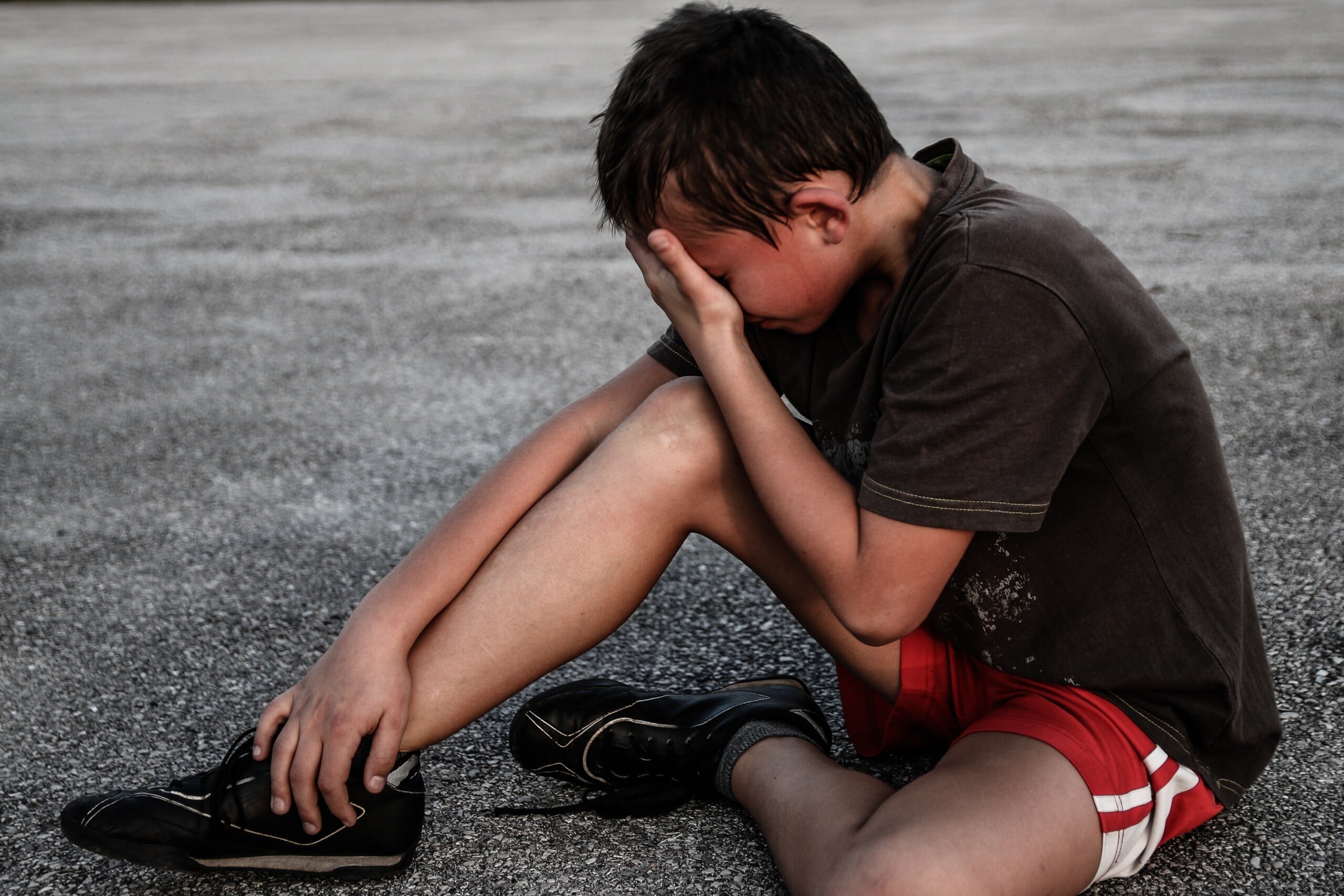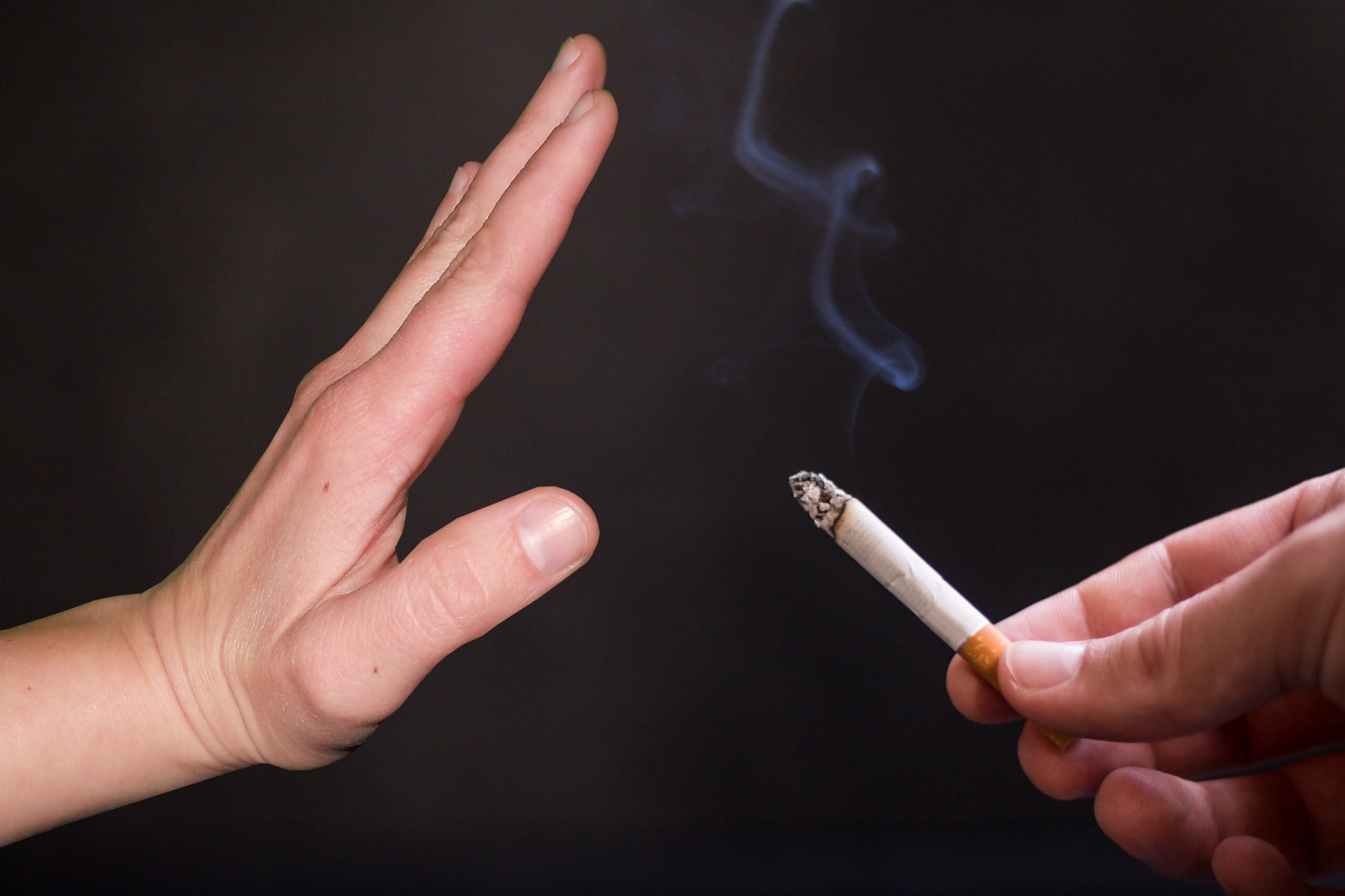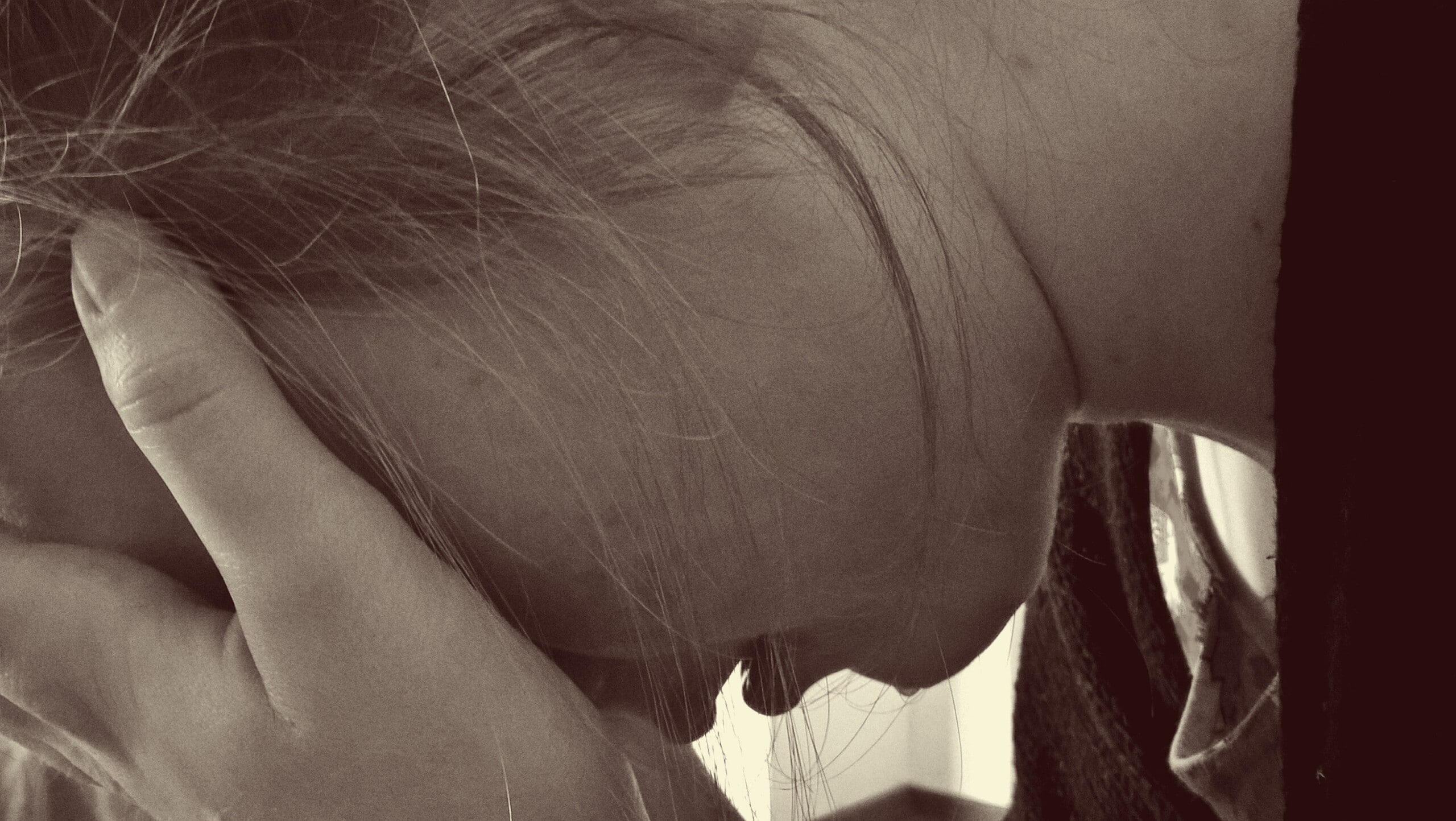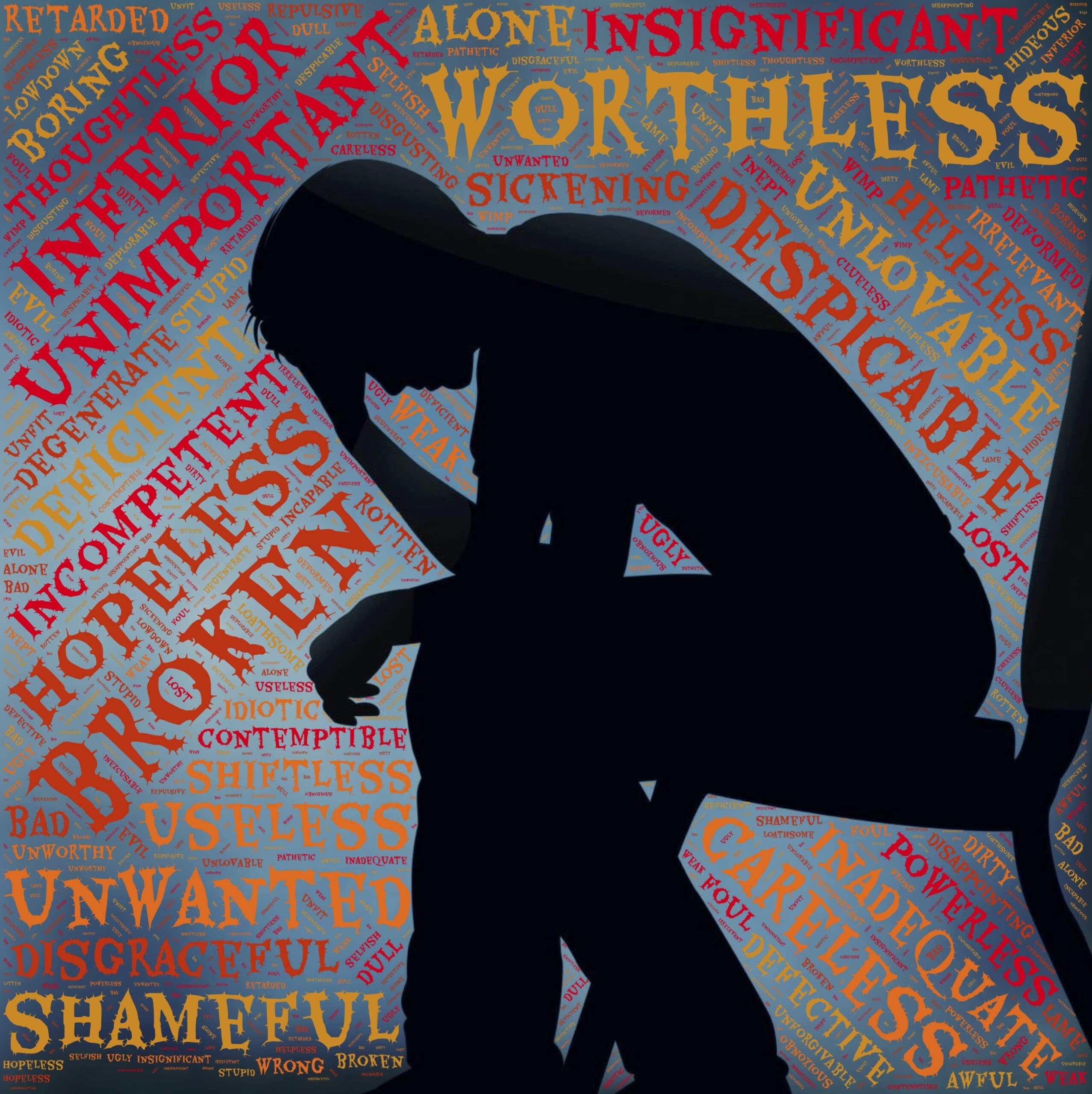Table of Contents
Self-Destructive Behavior- All You Need To Know!
Self-destructive behavior is highly dangerous, needless to say. Everyone needs to keep checking for such behavior and find ways to curb it. You might have also done something to harm yourself or acted in a self-destructive manner at some point in your life and regretted it later most probably. Most of the time, this is not intentional and does not turn out to be a habit.
Self-destructive behavior is that behavior that tends to harm you mentally and physically. It might be intentional or unintentional, sometimes you might know exactly what you are putting yourself through, but the urge to combat this is too powerful to deal with.
Self-destructive behavior might be a result of some trauma or life experience you have had previously that has not healed. It could also be related to depression or anxiety and other such mental health conditions.
Everyone should remain aware of what self-destructive behavior is and how to recognize it. Here’s all you need to know about this behavior and how to control the urges if you have developed a habit.
What is self-destructive behavior?

It refers to something that you do to cause harm or hurt yourself. It may be emotional or physical. Some obvious examples of this behavior include:
- Binge eating
- Attempting suicide
- compulsive activities like shopping, gaming, or gambling.
- Risky and impulsive sexual behavior
- overusing drugs and alcohol
- self-harm or injuries like burning, hair pulling, and cutting.
These were the obvious things that you may categorize under self-destructive but there are some subtle forms of it too. You might not realize it when you do such things on a conscious level. Some examples of this include:
- Wallowing in self-pity
- Maladaptive behavior, like passive aggressiveness, procrastination, and chronic avoidance.
- Engaging in aggressive or alternating behavior that pushes our close ones away.
- Clinging to another person who is not interested in you.
- Changing yourself to attract someone or please others.
- Being self-derogatory, insisting that you are not capable, smart, or attractive enough.
The severity and frequency of such behavior vary from one person to another. For some people, such behavior is mild and not very frequent enough to be concerned about while for some, it may cause huge problems.
Common risks involved with self-destructive behavior

You might be highly prone to behave destructively if you have experienced any of the following:
- Drug and alcohol abuse
- childhood abuse, abandonment, or neglect.
- Social exclusion or isolation
- friends who also self injure
- emotional and physical abuse
- low self-esteem
If you have any self-destructive behavior, it might raise the chances or likelihood to develop another one and then one more. Research has shown that self-harm is quite common for people who do not have mental health diagnoses. It could be seen in any person at any age, although teens and young adults are more likely to engage in such behavior as compared to other age groups.
Self-destructive behavior can arise from mental health conditions like:
- Anxiety disorders– Such disorders are characterized by worry, debilitating fear, and distress.
- Depression– is characterized by overwhelming sadness, loss of interest, and no willingness to do anything. It mainly involves other physical symptoms also.
- Eating disorders– Some conditions like bulimia, anorexia, and binge eating.
- personality disorders- inability to relate to people in a healthy way.
- PTSD or post-traumatic stress disorder- PTSD is a common anxiety disease that begins after you have undergone any traumatic event. Studies reveal that PTSD and unpredictable or impulsive personality characteristics may put you in danger of self-destructive behavior. The degree of self-destructive behavior is especially high amongst veterans who have been endangered by past trauma.
- Intense encounters such as physical or emotional exploitation, neglect, or endless criticism.
- Routine encounters with your family members or friends who repress the expression of sentiments or use harmful behaviors to combat their own sentiments.
- Encounters outside the house, such as bullying at your school, exploitation by the different caretakers, routinely being eliminated by other children, etc.
Diagnosis of self-destructive behavior

Self-destructive behavior may be a coping mechanism or a way to deal with the trauma that you did not even understand you have developed.
As an instance, you place yourself down at a job. As a result, you will not get the credit and promotion you desired. This is also self-destructive. If you have grown up in the shadow of repeated rejection, this might be your way of performing it again before someone else or your boss gets the opportunity to do it.
This does not fundamentally mean you have any mental health disorder. Once you acknowledge it for what it is, you may redeem self-destructive behavior with a valuable thought process or something that helps your own interest.
A pattern of such behavior or any amount of harm is another matter. Such behavior might have serious consequences at times. If you find this relatable to you or find yourself in such a situation, you must seek help.
You may start by seeing a qualified mental health professional for proper evaluation. If you go for an interview, they will help you in learning more about the behavior and its clinical significance. It is important to recognize self-destructive behavior and how it is related to mental health. Knowing this helps you gather more information about the clinical significance and behavior.
It is highly important to find out if your mental health is related to self-destructive behavior or not. This knowledge helps a lot in guiding a better treatment.
Criteria for determination of non-suicidal self-harm include:
- Harming yourself without the intention of suicide on at least 5 days in the past year.
- Doing this to enhance positive feelings, resolve the difficulty, or relieve negative feelings and thoughts.
- Frequent urges to harm yourself and preoccupied thoughts of self-harm.
- Sensing vital distress about it.
- It is not because of another condition.
In research, experts were concerned that self-harming behavior can sometimes be misdiagnosed as a borderline personality disorder. This may be due to similar sorts of symptoms.
How can self-destructive behavior be treated?

Treatment for self-destructive behavior will be tailored by professionals based on your needs particularly. The severity and frequency of all the symptoms are considered significant when it comes to finding a perfect treatment for each individual. Some therapies you may consider include:
- Behavioral therapy- This type of therapy may be used for a short time frame or long time frame based on the condition. Your therapist will help you and guide you to become more aware and understand what triggers you to cause self-harm in the first place. Later, knowing this, you will be able to find ways of dealing with these triggers and learn how to NOT respond in self-destructive ways.
- Talk therapy– This therapy helps individuals understand the origin or root cause that gave birth to self-destructive behavior. This also helps you learn how to handle and manage stress and deal with various challenges in a much healthier way. Sessions can be different based on your condition and how you’d decide them to be, they can be one on one, in a group, or involving some of your closed ones.
If you can see good results with the following, it is great, but if you don’t, additional issues have to be addressed and examined for recovery. These include:
- Stress management.
- Meditation
- Anger management
- addiction counseling.
At times, therapists or doctors you visit also provide mediations to treat and manage additional conditions along with self-destructive behavior, these include:
- PTSD.
- Suicide attempt.
- Obsessive-compulsive disorder.
- Anxiety disorders
- Depression.
The risk of premature death and inadequate mental health outcomes can happen as a result of self-destructive behavior when it is not managed correctly over time.
This does not mean you have to panic, self-destructive behavior can be corrected and you can recover completely from it. How long the recovery takes differs from person to person based on several factors, these include:
- Severity and frequency of symptoms.
- Whether or not you have other conditions like PTSD and depression.
- Specific self-destructive behavior and if it is linked to other things like eating disorders and alcohol abuse or not.
The outlook depends on the circumstances of the individual. It is known that mediations and therapies can be useful in treating several mental health issues. The doctors will be able to provide you a complete overview of treatment and what to expect after that.
Along with all these treatments and therapies, there are some more things you can do yourself to feel better. Just have patience.
Ways to stop self-destructive behavior

Particularly for individuals in the healing process, building healthy choices and checking self-destructive behaviors are crucial for long-term accomplishment. Defeating bad habits is certainly the most challenging thing, but there are a few tips you may follow that help you to limit toxic or unhealthy behaviors before they drive to a lapse or relapse.
1. Break the “shame” cycle
Remorse or shame is an adverse negative feeling pointed at yourself, such as declaring, “I’m the bad person” rather than saying “I did a wrong thing.” Shame feelings often encourage self-destructive behaviors in people to relieve that pain. Engaging in such behaviors preserves the shame and further gives rise to more self-destructive behaviors. This could be a tough cycle to break, but you can do it with patience.
Begin today itself by rearranging small harmful actions with those actions that are good and which foster enjoyment and pride, the opposite of shame. For instance, rather than putting a white lie, tell the fact with confidence.
Take charge of your tiny mistakes, and make positive lifestyle preferences that increase and encourage great mental and physical health. Promoting your self-image helps you a lot in letting go of adverse emotions like shame, and it will be less probable that you’d want to join in the behaviors that cause it back.
2. Do not engage in negative self-talk
it is not simple to defeat a self-destructive addiction in 1 or 2 days, and habits like negative self-talk will only make it more difficult. Showing yourself that you are very weak or shallow is not only harmful in itself, but it is also not correct. Recognizing and replacing harmful ways of reflection could go a long way in approaching and controlling self-destructive behavior ways.
Next time you get a negative opinion about yourself, immediately stop, reflect and re-phrase it confidently and positively. For instance, rather than saying, “I’m weak,” just say, “I assume I am weak right now, but I understand I can make this happen later.”
3. Seek support

The potential of assistance from your close friends, family, and companions simply cannot be undervalued. If you are trying to break a bad habit, support and help from other people are priceless. Tell a friend, your family member, or any support group member about all the behaviors you are working to develop.
Ask everyone for support and encouragement with keeping yourself liable. Supportive friends, family, and loved ones can help empower you, encourage you, and grant you stability when you are going through a tough time.
4. Prepare ahead of time
Growing conscious of what triggers harmful habits may help you forestall them. For example, if you are trying to quit smoking, plan ahead for circumstances that make you desire or crave smoking and put a good strategy to combat the discomfort.
Once you are in a tricky position, stay watchful of your thoughts, perceptions, emotions, and attitudes and try to introduce your coping plan. If it disappoints you this time, use this failure to discover what you will do differently the next time anything happens.
5. Use your failure to learn

You seemingly would not be able to alter all of the self-destructive behavior in one night itself, but you may use the failures to discover better habits of controlling negative behavior the next time. Remember the things that made you give in to self-destructive behavior versus your more moral judgment, then consider thinking about plans to circumnavigate that barricade the next time.
The approach with which you face a failure serves to decide the ultimate result. For instance, if you utilize drugs or alcohol, once you are in rehabilitation you would beat yourself up concerning it and plunge into negative self-talk again. It is more likely that you’d encounter a full-blown recurrence or relapse than if you evaluate the situation and determine what you can learn from the situation to serve you better for coping up the next time. You must forgive yourself and try to move on.
If you fail once, do not lose hope, and try again, you will eventually make it.
The Bottom Line
Self-destructive behavior is when people repeatedly perform things that might harm them either mentally, physically or both ways. It may range from mild injuries to life-threatening predicaments.
If you somehow believe you are doing something that is categorized as self-destructive behavior, there are chances that you are. Seek help if you find yourself in such a situation. You do not have to stay forever like this, everyone deserves better from their current situations and things do get better eventually.
Visit your doctor or look for a qualified mental health expert. You can go for therapies where you can work through the effects and causes of this behavior. You can find different coping mechanisms and alternative behaviors to deal with such feelings. You will be able to live the happier life which you always wanted.
Until you recover completely, please know that coping with the self-destructive or dysregulated type of behavior does not indicate that you are selfish or weak in any way, or that something about you is naturally wrong.

